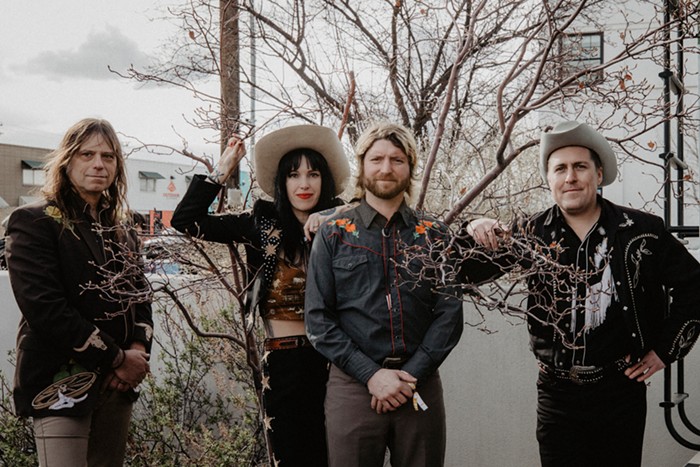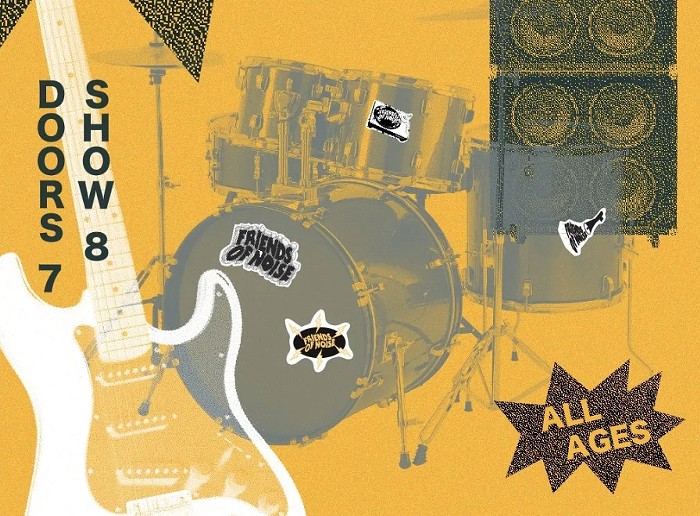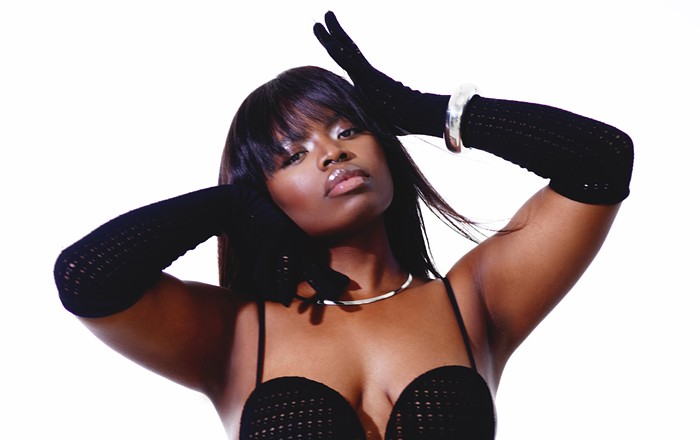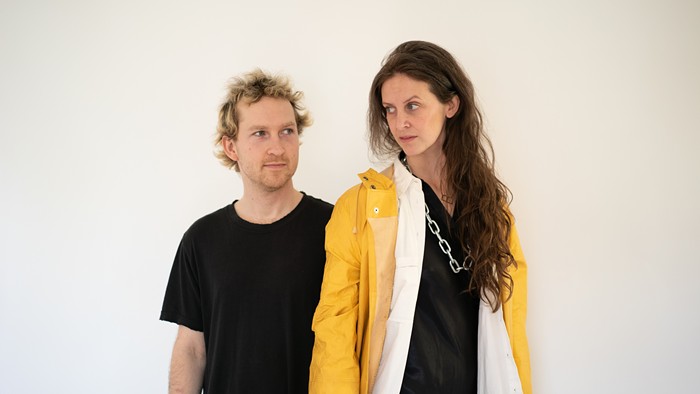REBECCA GATES' new album, The Float, sounds like nothing else coming out of the Pacific Northwest at this, or any, moment in time. Which is interesting, because as long as there has been an independent music scene in Portland, Gates has been making music in it.
Throughout the 1990s, she fronted the seminal rock duo the Spinanes, whose three albums (Manos, Strand, Arches and Aisles) shine in retrospect like a bright light among the grungy repertoire of Sub Pop's first decade. In the mid-'90s, she contributed the breathy backing vocals that make Elliott Smith's "St. Ides Heaven" sound a little less lonely.
The Float debuts on June 12—11 years, almost to the week, after Gates' last release, Ruby Series. Taking more than a decade to make an album gives rise to possibilities of writer's block or chucking it all for an office and paid vacations. But it's nothing so depressing.
Gates is a career audiophile, working as an audio editor and curator of sound installations, as well as an advocate with the Future of Music Coalition. But mostly, she likes to play live.
"As tired as I am when I'm singing every night, that's when I'm at my most healthy," she says. "It isn't about being on a stage, but with other humans in a room, making noise together. The business cycle of write-record-tour has made music less about playing live."
Since Ruby Series, her fellow noisemakers have been the Consortium, a revolving cast of pals that are as much an idea as a band. Lately, the touring version has been a slim three-piece, one that knocks out a surprisingly dense sound. Gates sings and plays guitar, Ji Tanzer plays drums, and on bass is Joanna Bolme (Stephen Malkmus and the Jicks, Quasi), with whom Gates has been playing and recording since 1996.
Gates admits that it took her a while to love making records, but you get the feeling this has a lot to do with her high sonic standards. "I'm particular—I make albums because I want to hear something that I don't already hear," she says. "That's been true for every album I've made."
That explains why The Float sounds like an enormous sigh of relief, especially to a music writer. It's something new, something beautiful—something that lifts the burden of figuring out a new way to describe yet another synth-pop album.
The amazing thing about The Float is that it feels so cohesive, considering that it was recorded over a period of years and in many different cities. One of those cities was Chicago, and the smoother, loungier songs—"&&&," "Lease and Flame," "Lighter than We Go," "Claudine Lounges Chiklet Chic"—evoke the same sunny feelings as Chicagoans the Sea and Cake and the Aluminum Group. Those are also the songs that shine brightest on first listen. Still, "Harlesden to Vals," a soulful, frank blues song dominated by muscular guitars, is one of the best on the album.
The Float doesn't fit easily into any genre, having splashes of blues, jazz, and post-rock, but the unifying element is, of course, Gates' voice. That amazing voice—it's not unlike an alto jazz singer's, but airier and more straightforward. And it's certain. Gates at times expresses vulnerabilities through the words that she sings, but never in the way that she sings them.



















